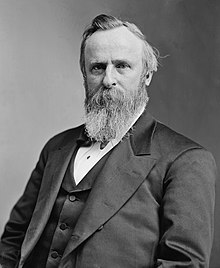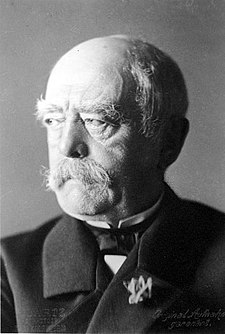3) What projects did the French have with automatic weapons?
Behold; while mostly known as the crappiest machine gun of WWI in OTL, the line of development for this weapon dates back to 1903 (and given a little polishing, it apparently wasn't as bad as reported by the Doughboys in 1918). Assuming Nappy the 4th. is anything like his 19th century forebear (which, given how hyped he is for the Centennial and how much military hardware he shows off at same, seems somewhat true), it's not that much of a stretch to see him rubber-stamping a project like that. Add in self-loading infantry rifles and perhaps even SMGs (although that one would be a stretch in time-frame), and one could make the case for somewhat modern infantry arms in TTL's Great War.
To be fair, it's not like France would have a monopoly on such weapons as the war progressed (e.g. Russia's Avtomat Federov, Prussian Schnellfeuer C96's, US 1907 Winchester carbines, etc.)
4) Cataphracts or Cats for sort will be featured in the next couple of updates. Currently the U.S. Army has not had much use for them.
True enough. Which, assuming another major war is looming after the turn of the century, wouldn't bode well for the US Army if they get involved.
5) Satellites will be coming in future. I don't see any reason why other tech like GPS, Dish Network-type TV, long-range tactical communications, and cell phones would be behind OTL. In fact some of these will appear sooner than they did in OTL.
I guess that's plausible. My concern, again, is the lack of small transistors and other sundry parts which were developed largely as a result of OTL's World War Two research; this is part of the reason why missile tech would be so behind. Without that being the case ITTL, what satellites do come around would be somewhat bulkier (at least, at first).
BTW, great update!



